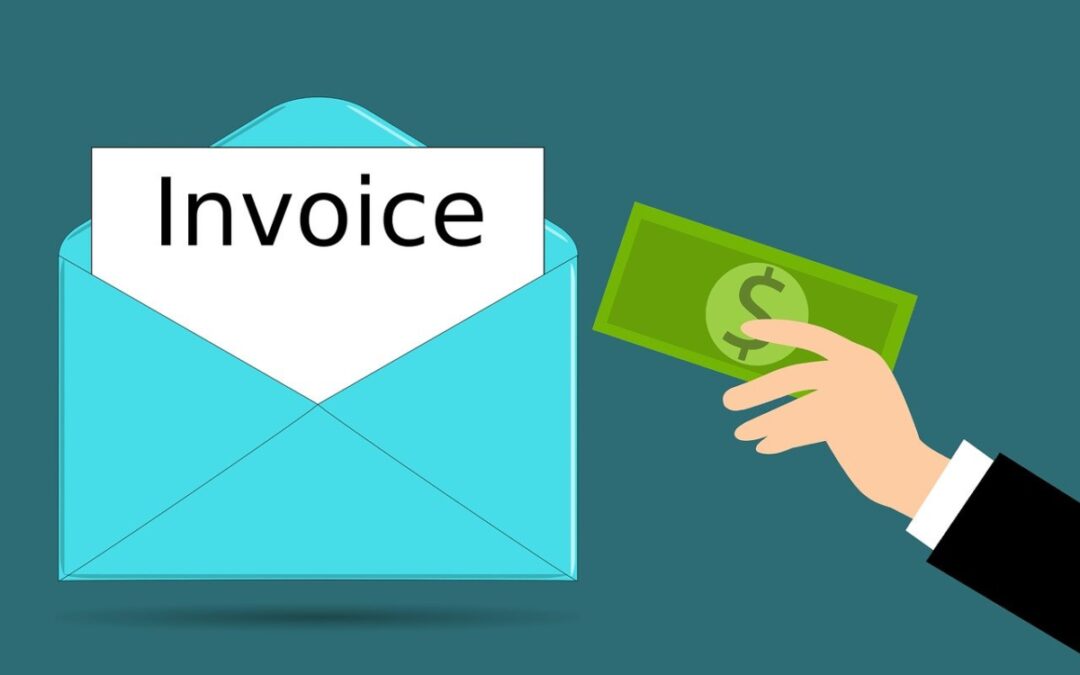Electronic invoicing is the digitalisation of invoices issued by companies or self-employed workers to collect payment for products or services rendered. An electronic invoice has the same legal effects as a normal invoice, but the format in which it is issued and received is electronic.
Electronic invoices must contain the same information as paper invoices, as regulated by Royal Decree 1619/2012, of 30 November. This regulation establishes compliance with certain requirements to ensure the legibility, authenticity and integrity of invoices:
- Number: the numerical series of invoices must always be correlative
- Date of issue
- Details of the issuer and recipient of the invoice: name and surname or company name, address and VAT number
- Description of the goods being sold
- Amount per unit before VAT for each of the goods
- Details of VAT, including the VAT rate applied and the tax liability
- If the invoice is exempt from VAT, the relevant provision of the VAT Law must be mentioned, where applicable
- Personal income tax withholding, if applicable to the issuer
- The date of the operations, in the event that this does not coincide with the date of issue of the invoice.
There are two types of electronic invoices: electronic invoices in structured format and electronic invoices in unstructured format.
Invoices in structured format
Invoices in structured format contain data and are automatically generated by the invoicing IT systems and processed in an equally automated manner by the recipient’s payment and accounting IT systems.
Invoices in unstructured format
Invoices in unstructured format consist of an image, which means that their processing in order to be entered into the recipient’s IT systems requires manual intervention or a costly process that is not usually fully automated, such as optical character recognition (OCR).
Advantages of electronic invoicing
- Cost savings (stationery, transport, etc.)
- Greater process security
- Reduction in invoicing times
- Reduction of errors and mistakes in invoices
- Lower probability of forgery.
The issuing of an electronic invoice is conditional on the recipient’s consent. The electronic invoice is a legal alternative to the traditional paper invoice.

